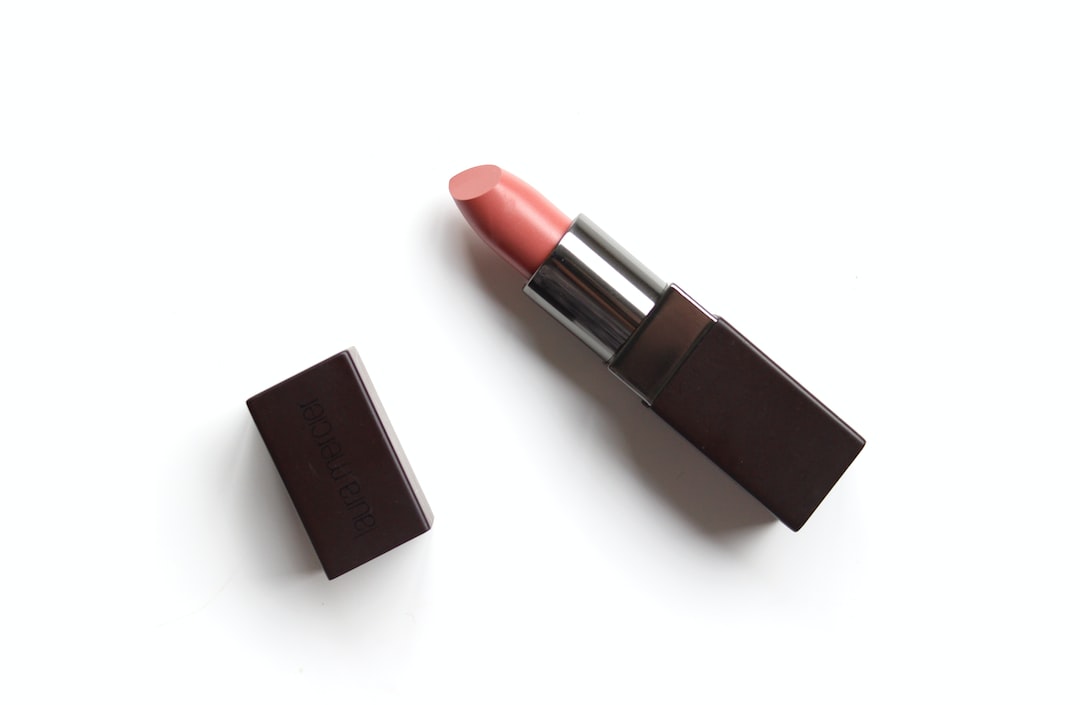The Ultimate Skincare Routine for Acne-Prone Skin
Dealing with acne-prone skin can be frustrating and challenging, but with the right skincare routine, you can achieve a clearer complexion. It’s important to understand that everyone’s skin is unique, so what works for one person may not work for another. However, there are some general steps and products that can help improve acne-prone skin. In this blog post, we will discuss the ultimate skincare routine for acne-prone skin.
Step 1: Cleansing
Cleansing your face is the first and most crucial step in any skincare routine, especially for acne-prone skin. Look for a gentle cleanser that is specifically formulated for acne-prone skin. Avoid harsh ingredients, such as sulfates or alcohol, as they can strip the skin of its natural oils, leading to excessive dryness and inflammation. Gently massage the cleanser onto your face, avoiding aggressive scrubbing which can irritate the skin and worsen acne.
Step 2: Exfoliation
Exfoliating your skin is essential to remove dead skin cells and unclog pores, preventing further breakouts. However, for acne-prone skin, it’s important to choose a gentle exfoliator that won’t irritate or inflame the skin. Look for exfoliators or masks with ingredients like salicylic acid or glycolic acid, known to penetrate pores and clear out excess oil and debris. Limit exfoliation to once or twice a week to avoid overstripping the skin.
Step 3: Toning
Toning is an often overlooked step in skincare routines, but it can be beneficial for acne-prone skin. Look for toners that contain gentle, hydrating ingredients like witch hazel or rose water. These toners can help balance the skin’s pH level and minimize the appearance of pores. Avoid toners with alcohol as they can dry out the skin and cause irritation.
Step 4: Treating
Treating acne is a crucial part of any skincare routine for acne-prone skin. There are several effective treatment options available, such as benzoyl peroxide or tea tree oil. Benzoyl peroxide is known for its antibacterial properties that kill acne-causing bacteria, while tea tree oil has natural antiseptic and anti-inflammatory properties. Apply a thin layer of the treatment directly on active breakouts or areas prone to acne, while being careful to avoid excessively drying out the skin.
Step 5: Moisturizing
Moisturizing is a vital step, even if you have acne-prone skin. Choose a lightweight, oil-free or non-comedogenic moisturizer that won’t clog pores. Look for moisturizers that contain ingredients like hyaluronic acid or ceramides, which help to restore and retain the skin’s moisture barrier. Moisturizing regularly can help keep the skin hydrated, balanced, and less prone to breakouts.
Step 6: Sun Protection
Protecting your skin from harmful UV rays is essential, even if you have acne-prone skin. Look for a broad-spectrum sunscreen with an SPF of at least 30. Opt for oil-free or non-comedogenic formulas to prevent clogged pores. Sunscreen helps to prevent acne scarring and hyperpigmentation caused by exposure to the sun. Apply it generously on all exposed areas, and reapply every two hours if you are outside for extended periods.
Additional Tips:
1. Avoid touching your face frequently, as it can transfer dirt, bacteria, and oil onto your skin, leading to breakouts.
2. Change your pillowcases and towels regularly to avoid transferring bacteria and oil onto your face while sleeping.
3. Avoid using heavy makeup or products that are not specifically formulated for acne-prone skin, as they can clog pores and worsen acne.
4. Maintain a healthy diet rich in fruits and vegetables to nourish your skin from within.
5. Stay hydrated by drinking plenty of water to flush out toxins and keep your skin well-hydrated.
In conclusion, the ultimate skincare routine for acne-prone skin consists of cleansing, exfoliating, toning, treating, moisturizing, and sun protection. Remember, consistency is key- it may take time to see visible improvements, so stick to your routine and be patient. It’s always a good idea to consult with a dermatologist for personalized advice and treatment options. By following these steps and tips, you can achieve clearer, healthier, and more radiant skin, even with acne-prone skin.

